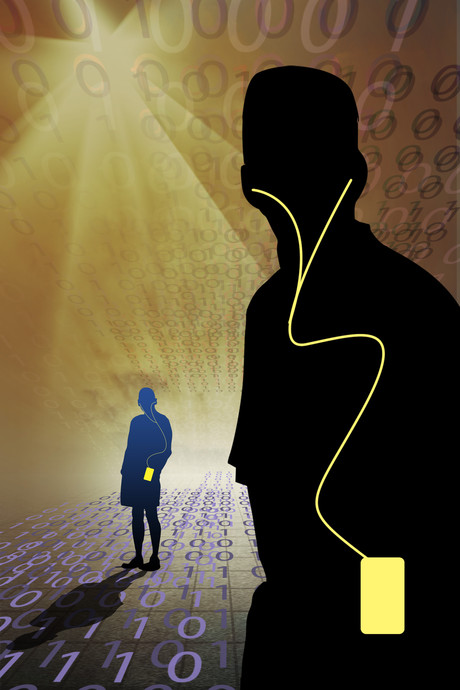iTunes and nbn scams doing the rounds

Citizens are being warned to watch out for several scams currently taking place.
According to the ACCC, 1236 people have been tricked by scammers into using Apple iTunes gift cards as payment.
Meanwhile, there has been a marked increase in reports of scammers impersonating representatives of the national broadband network (nbn) and asking for payments and personal information.
A combined $540,000 has been lost to the iTunes scam during 2017, which is an increase from $480,000 throughout the 2015–16 financial year.
“Scammers are increasingly getting their victims to pay with iTunes gift cards as they can quickly on-sell them and pocket the money,” said ACCC Deputy Chair Delia Rickard.
“If someone asks you to pay for anything using an iTunes gift card, it is a scam. There are never any circumstances where a legitimate business or government department will ask for payment this way.”
Scamwatch has reported that there are three common scenarios where scammers are demanding iTunes gift cards as payment:
- Tax scams: The scammer pretends to be from the Australian Taxation Office and claims there is a warrant out for their victim’s arrest. If the victim does not pay an immediate ‘fine’ using iTunes gift cards, the scammer claims police will arrest them.
- Catch-a-hacker scam: Scammers pretending to be Telstra will ask their victim to help them catch a ‘hacker’ who is trying to get into their PC or smart devices. They will use this story to get the victim to buy iTunes cards as a ‘trap’ for catching the hacker. Unfortunately the scammer will quickly get the serial numbers for those gift cards and sell them before the victim realises they have been tricked.
- Centrelink scams: The scammer pretends to be from Centrelink and tells their victim they are entitled to an additional payment, such as for their pension, and that they need to pay a ‘release fee’ in iTunes gift cards to receive the payment.
“The scammers are very persistent once they have a victim hooked and will, for example, keep their victim on the phone while they’re in a store buying the gift cards. Once a victim has bought the card, the scammer will get them to quickly read the serial number on the back — it’s this information they use to then on-sell the gift card,” Rickard said.
“If you pay for a scammer’s con with iTunes gift cards it’s nearly impossible to get your money back. Don’t ever believe the scammer’s lies, no matter how convincing they sound — hang up on their calls and delete their emails immediately.”
There have also been over 300 complaints received across Australia in recent months related to nbn impersonators, with reported financial losses amounting to around $28,000.
The most common scams reported involve attempts to:
- sign victims up to fake accounts to connect to the nbn for a low price and using iTunes cards for payment;
- gain remote access to a victim’s computer by claiming there is a problem with their connection;
- steal personal information like name, address, Medicare number and driver’s licence number by saying the person is entitled to a new router but needs to prove their identity.
Australians are advised that government organisations and legitimate businesses will not contact people out of the blue and ask for personal information of this nature, nor will they request payment in the form of iTunes cards.
For information on scams visit www.scamwatch.gov.au or contact Consumer, Building and Occupational Services on 1300 654 499.
Illumio launches AI-powered threat detection platform
The Illumio Insights threat detection solution is designed to help organisations rapidly detect...
GenAI 'grey bots' scraping data from websites
Research from Barracuda has highlighted the issue of morally and legally ambiguous 'grey...
Tanium partners with DXC on endpoint management
Tanium has secured a partnership agreement with DXC that will leverage the company's...




